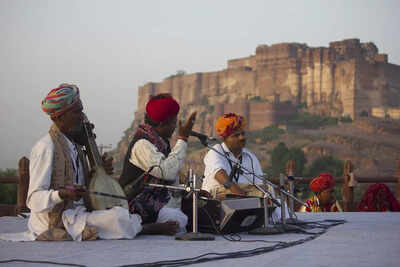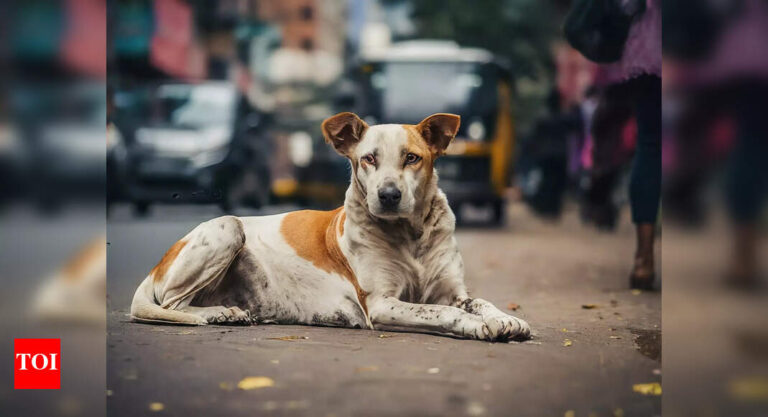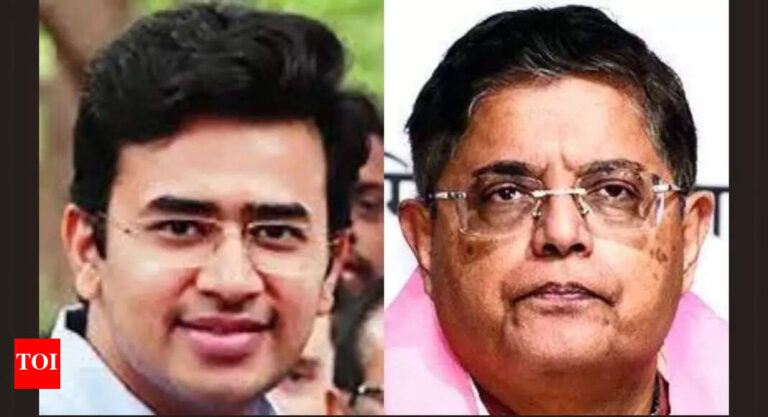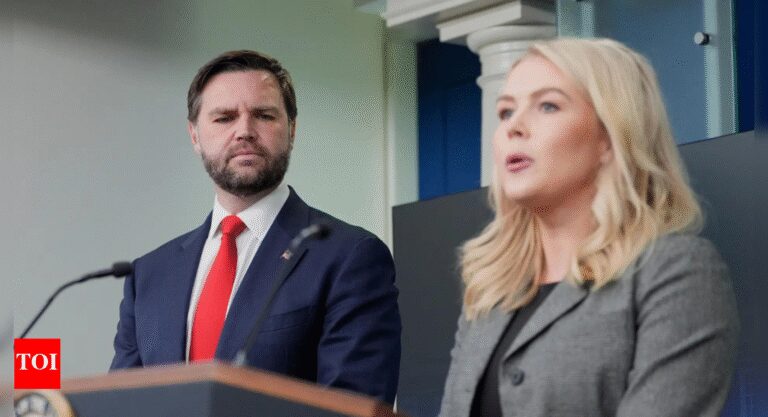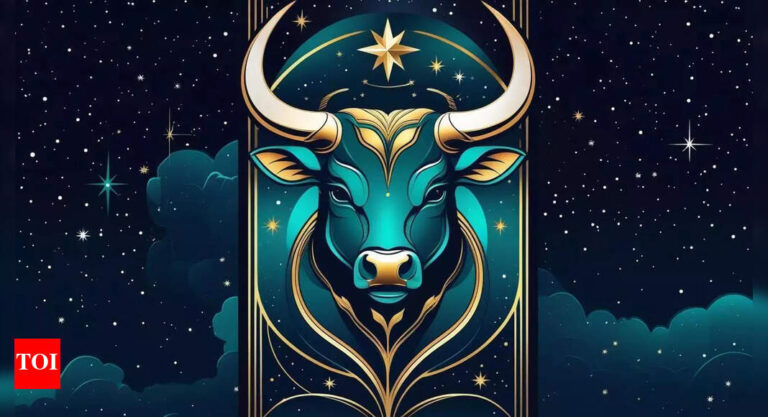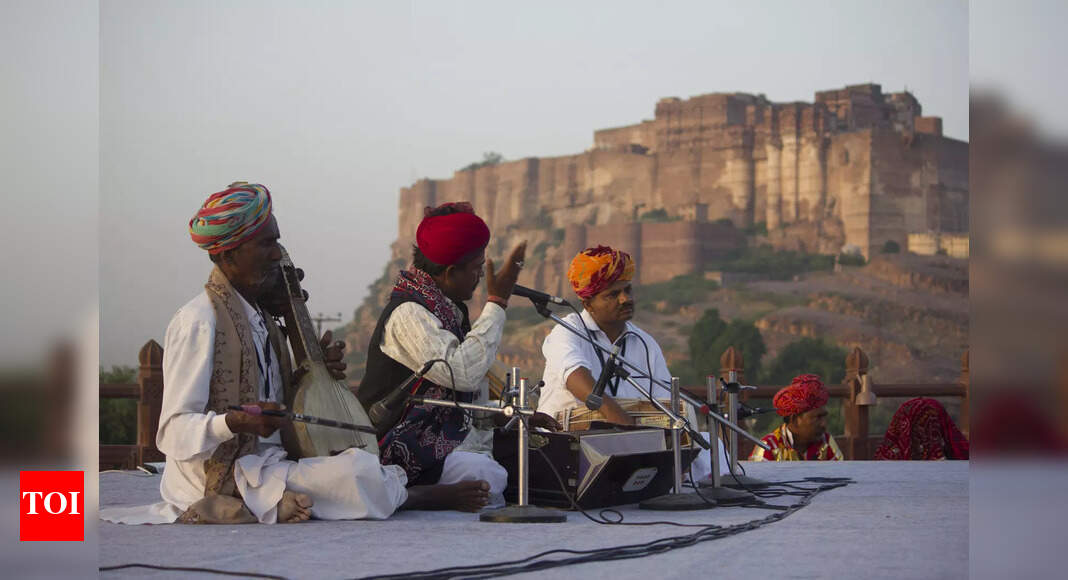
If the frenzy of hopping between gigs headlined by Coldplay or Diljit Dosanjh has left you drained, picture instead a festival that blends ancient music forms with contemporary influences, bringing together performances where genres flow together: from Rajasthani folk with classical jazz to beats of electronica and African percussion, with room for even reggae, Celtic and Romani traditions. No mad scramble for tickets, no rush-hour traffic.Jodhpur RIFF, India’s leading “roots” music festival held annually at the 15th-century Mehrangarh Fort, is built on living traditions of communities sharing their history and values with new audiences and generations by using rare instruments and a frequent focus on themes that reflect on everyday life, social conditions, love, struggle and empowerment. The 18th edition, opening October 2, gathers over 290 artists from the state of Rajasthan and 12 countries, including Portugal, Poland, Finland, Switzerland, Colombia, Canada, Bhutan, Kazakhstan and Uzbekistan.
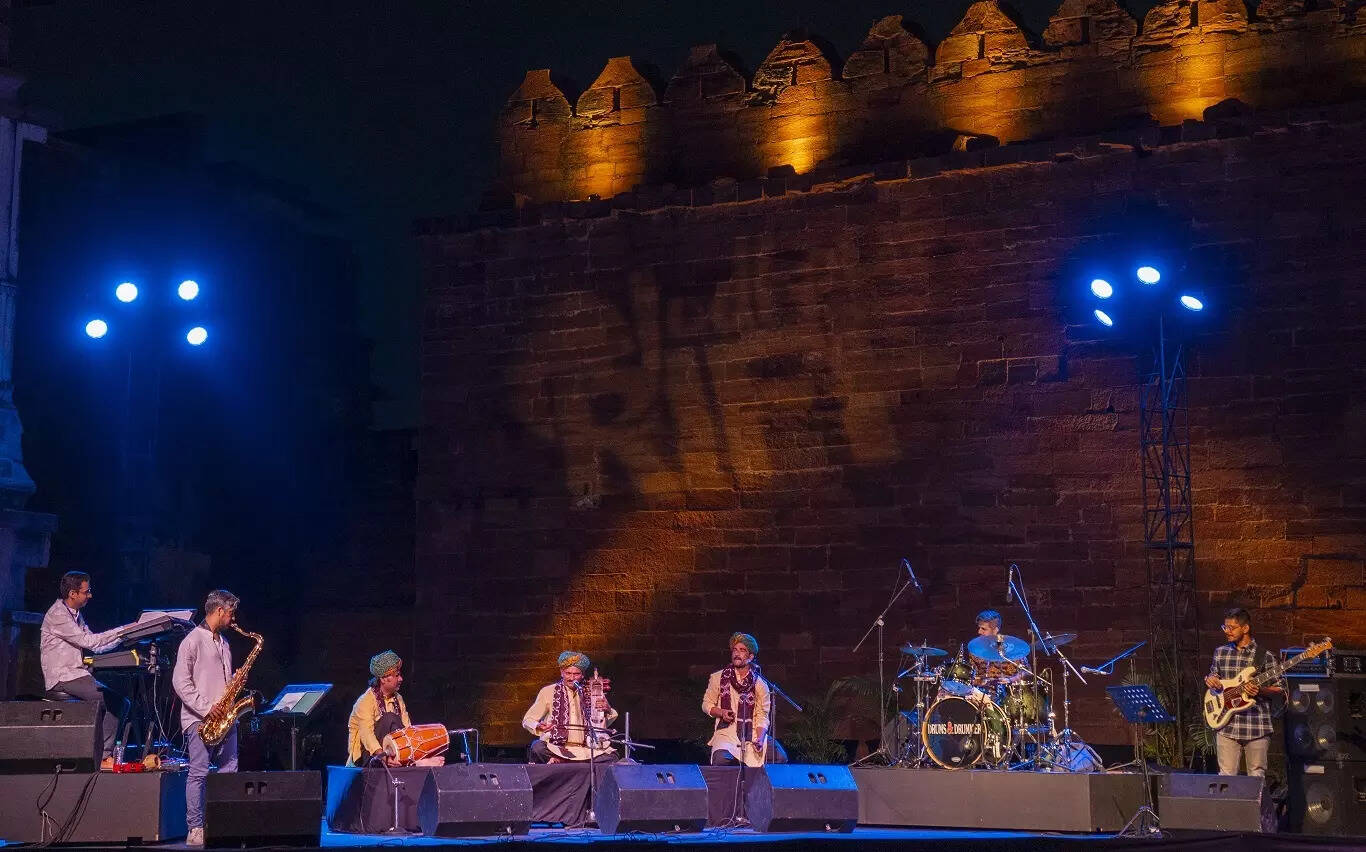
The Cool Desert project
Unlike typical global pop culture festivals, RIFF, run under the aegis of the Mehrangarh Museum Trust in Jodhpur, presents musicians who are stars in their homelands but often unknown abroad. “Our notion of celebrity is shaped only by the media,” says Divya Bhatia, festival director. “But beyond globally known names, most of us are unaware of the true stars in different countries,” he adds.“Similarly, the Rajasthani folk artists we present are among the greatest in the state. You won’t find them playing in small urban venues like Piano Man or Oddbird, but Jodhpur RIFF gives them a stage. India should take note of this,” says Bhatia, listing out the spectrum of international artists performing this year, including Basel Rajoub, a Syrian-Swiss jazz saxophonist and Aga Khan Master Musician to Karolina Cicha, a Polish singer and multi-instrumentalist who delves into Tartar and Yiddish roots music. Portugal will bring the soulful fado of Helder Moutinho, while Colombia’s Killabeatmaker will blend Afro-Colombian and indigenous rhythms, apart from Bhutanese folk singer Sonam Dorji taking the stage. This year, the festival is also introducing artists from countries RIFF has never hosted before, such as Portugal, Kazakhstan, and Uzbekistan. Shashmaqam, a thousand-year-old classical music tradition from Central Asia with shamanic roots, is also making its debut at the festival. Incorporating poetry, melody and Sufi elements, it will be performed by Layla Tazhibayeva and Gulzoda Khudoynazarova from Kazakhstan and Uzbekistan. On the other hand, London-based singer-songwriter Rosa Cecilia will infuse Latin jazz, neo-soul and disco with personal storytelling in her performance.The edition will also present one of India’s only women khartal players, young Mamta Sapera, alongside Padma Shri awardee Ashwini Bhide-Deshpande, who brings the classical khayal tradition of Jaipur-Atrauli with her vocal artistry. The younger generation is also in focus with groups like SAZ, a trio committed to preserving and evolving the Langa musical tradition through original compositions and collaborations. “Last year, we released an album cover for SAZ. Their song ‘Sundar Gori’ has 1.4 million views on YouTube, and their music video has over 400,000 views. They could well be the celebrities of tomorrow. They will also release an album early next year. While most people only know of the Manganiyar, Langa are also now international celebrities,” says Bhatia.From Tamil Nadu, fusion band Jatayu will blend Carnatic ragas with jazz and rock. Folk traditions will also be carried forward by the mother-daughter duo Ganga and Sundar, and the sisters Anita and Prem Dangi, rooted in the Rajwadi Maand heritage. Bhanwari Devi, first introduced by Jodhpur RIFF in 2010, returns as a nationally renowned folk vocalist. She has since collaborated with singer Rekha Bhardwaj and gained recognition across India. Bhatia cites Devi as an example of artists nurtured by Jodhpur RIFF who have grown into celebrated names, underscoring the festival’s role in elevating local musicians. “The lineup is not just bigger this year, but richer,” Bhatia reflects. “We are building towards our 20th anniversary in 2027, and the festival’s reputation has grown. More artists at the peak of their careers want to be part of this journey.”

